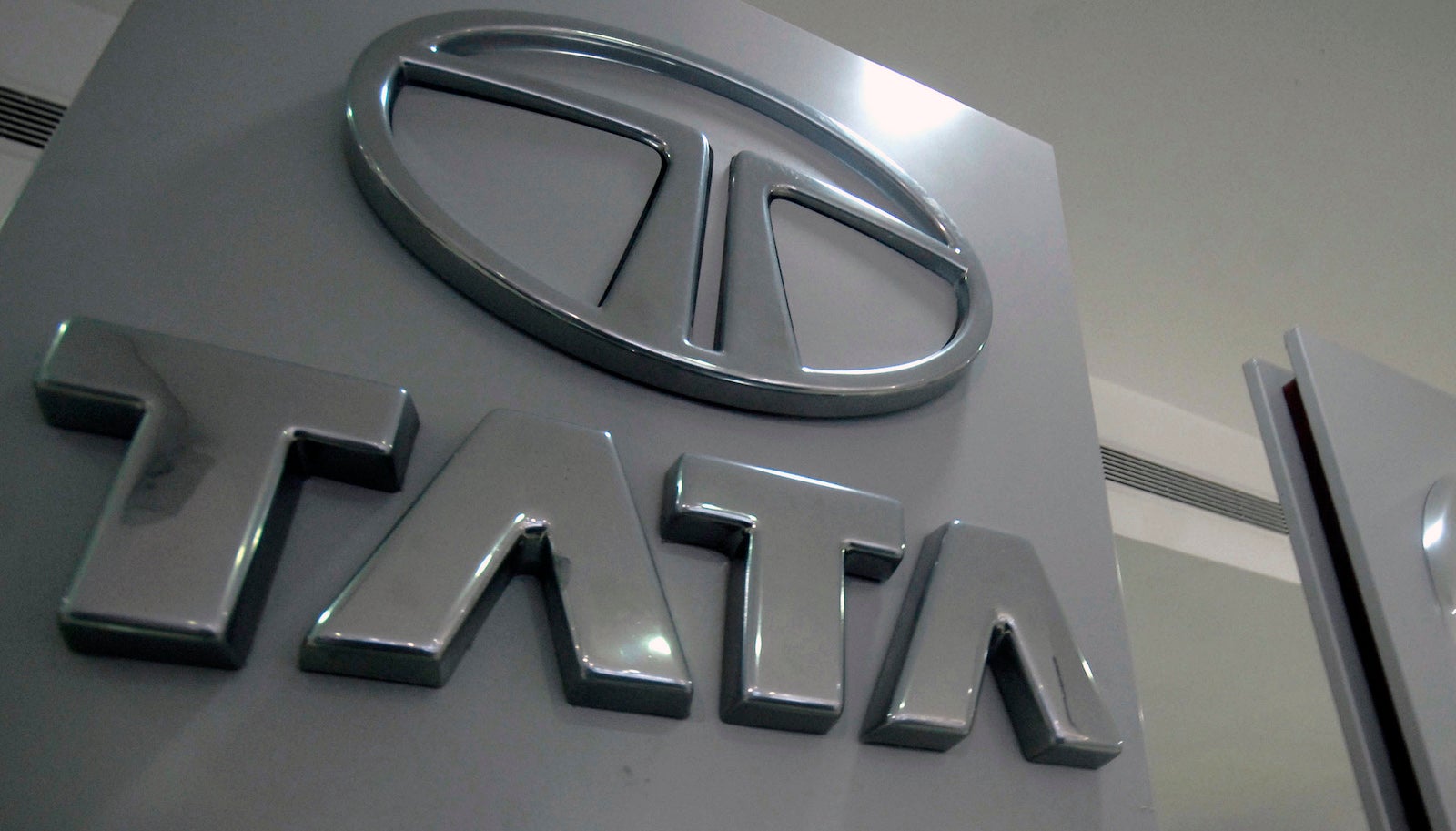India’s biggest automaker is rebranding its flagship car because of the Zika virus
The new Zica by Tata Motors was meant to be a combination of the words “zippy” and “car,” but the name’s similarity to the Zika virus, a dangerous infection that has rapidly become a global public health emergency, has prompted India’s biggest automaker to switch the name.


The new Zica by Tata Motors was meant to be a combination of the words “zippy” and “car,” but the name’s similarity to the Zika virus, a dangerous infection that has rapidly become a global public health emergency, has prompted India’s biggest automaker to switch the name.
Tata says it still plans to debut the new hatchback with the Zica branding at India’s Auto Expo, which will be held in New Delhi from Feb. 3 to Feb. 9. But the company promises to unveil a new name in the next few weeks.
The automaker had been aggressively marketing the new car for two months to journalists and on social media. The virus has been around for much longer than that—the earliest known cases were documented in sub-Saharan Africa in the 1950s—but the latest outbreak, concentrated in Brazil, wasn’t considered nearly as large a threat when Tata was developing and first marketing the car.
Now the virus is believed to have infected 1.5 million people in Brazil alone. It has been linked to neurological diseases and is believed—though not yet conclusively proven—to lead to microcephaly, which causes newborns to have abnormally small heads.
This isn’t the first time a company has been sent back to the branding drawing board because of an unfortunate coincidence. A software startup named “Grexit” changed its name last September to avoid comparisons to the then-raging economic crisis in Greece and concerns that the country would exit the European Union. In 2014, mobile wallet provider ISIS changed its name to SoftCard amid the rise of the Islamic terrorist organization known alternatively as the Islamic State, ISIL, or ISIS.